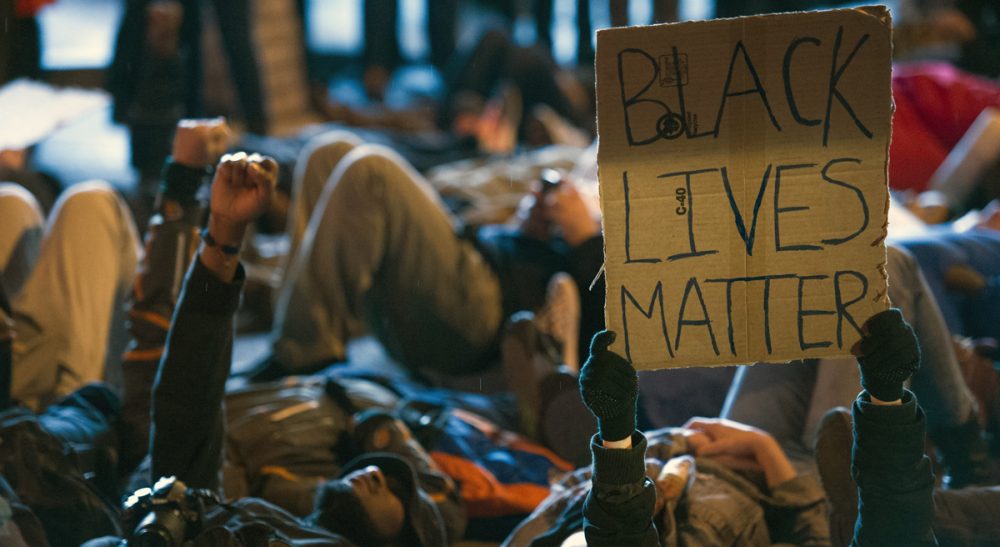Advertisement
Your Government Works. Happy New Year.

Terrorists commit gruesome murders. Racial animosities boil into violence. An unpopular president oversees an underwhelming economy and the aftermath of a failed war. Shifting moral standards leave traditionalists foreigners in their own land. 2015 is arriving with the world in sad shape.
Except that I’m referring to just about any year in the early and mid 1970s, having just read Rick Perlstein's acclaimed new book, "The Invisible Bridge." The third of a four-volume series on the rise of modern American conservatism, Perlstein's latest installment spans 1973, when Watergate began incinerating Richard Nixon’s presidency, to 1976, when Ronald Reagan nearly denied President Gerald Ford the Republican nomination, setting himself up to win the White House four years later. Reading Perlstein, you can’t help but notice: change the names in today’s headlines, and read today’s polls brimming with cynicism about government, and you’d swear the first two years of President Obama’s sunset term fell squarely in the Me Decade.
if today’s world seems unhinged, well, we've been here before.
We survived that decade, which suggests two comforting lessons. One, if today’s world seems unhinged, well, we've been here before. More surprising, the government we Americans love to hate, which created many of the problems four decades ago, helped fix them — and is doing the same today.
Our current lamentations include a biblical-like plague of Ebola in Africa. At home, racial hostility after police killings of unarmed black men in Ferguson, Mo., New York City, and elsewhere flood American streets with protesters. Last summer’s crush of Central American children at the border spotlighted the nation’s indigestion over immigration, one of many cultural controversies (think gay marriage). The government’s seeming impotence against grisly ISIS beheadings, or the chaos that is Syria and Iraq, or economic malaise (November’s unabashedly good jobs report notwithstanding), stranded President Obama’s approval rating in the 40 percent range all year. “Where Did Obama Go Wrong?” asked a November Washington Post story.
The 70s were equally tumultuous: the lies of Watergate; revelations of CIA assassination plots and domestic spying; TV images of American choppers overloaded with South Vietnamese fleeing their toppling nation in 1975; the Arab oil embargo; inflation-cum-wage stagnation; terrorism (notably the Symbionese Liberation Army, heiress Patty Hearst’s abductors); and Boston racial violence over court-ordered busing. Perlstein unspools quotes and polls documenting the evaporation of faith in leaders and institutions — most colorfully, John Wayne’s explanation to a reporter of why he supported Reagan: “Because Jerry Ford is too f---ing dumb to be president.”
How did we ever make it to the 1980s? Largely, through government. As one reviewer notes, Nixon’s forced resignation proved our constitution, courts, and even Congress (!) worked. As president, Reagan did his part. Despite bellicose anti-communism, he avoided Vietnam-sized follies abroad. Love or loathe his politics, his feel-good optimism (often impervious to facts, Perlstein shows) boosted “the sense of spirit, morale, good feeling in this country,” as his 1984 Democratic opponent conceded. Meanwhile, the Federal Reserve engineered a brutal recession to banish inflation, which, along with plummeting oil prices, spurred economic recovery. And terrorists learned that order-craving Americans echoed the Beatles’ song on revolution: you can count me out.
Obama learned this history, and he's doing a better job than dyspeptics believe. Like Reagan (and unlike George W. Bush), he’s avoided foreign adventurism. His effort to contain ISIS, which doesn’t directly threaten us, by demanding that Middle East governments it does threaten defend themselves (with U.S. air support) is proportional to the danger for now.
The Ebola epidemic and police strife with communities of color? Obama’s to blame for neither. African villages’ remoteness and primitive health network made the first inevitable, and whatever the West’s initial failures, American aid is now flowing. The second crisis has burned for decades. Federal civil rights investigations into the Ferguson and New York police killings might yield some justice that the botched grand jury inquiries (which, The New Republic notes, are local, not federal, affairs) may have thwarted.
Obama learned this history, and he's doing a better job than dyspeptics believe.
On the economy, Obama’s 2009 stimulus was too small; even Reagan’s economic guru said so. Yet that was as much balky congressional Republicans’ doing as his. November’s strong employment report could augur real improvement, and on one key cause of economic insecurity — health care — Obamacare haters are wrong: it’s working. More than 10 million uninsured have gained coverage without the crippling premium increases the haters predicted.
And have your forgotten summer’s immigration crisis? That’s because, once the U.S. clarified that the children could not stay and leaned on Mexico to desist as a gateway, the heart-wrenching flow turned into a trickle.
The foregoing doesn’t make Obama perfect — just better than the bum rap he's getting in the polls. Cooler heads note that today’s travails, like those in the 70s, aren’t the imminent, existential threat that, say, the Civil War or Great Depression posed. That perspective, plus the realization that we’re better led than we know, is cause for at least a qualified “Happy New Year.”
